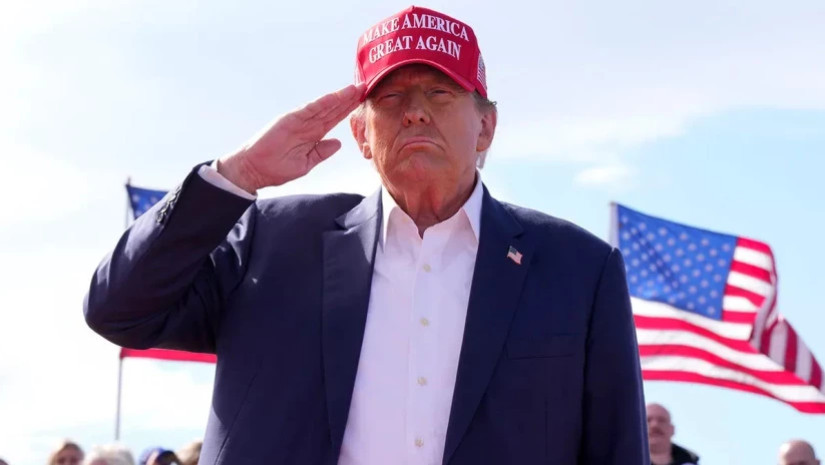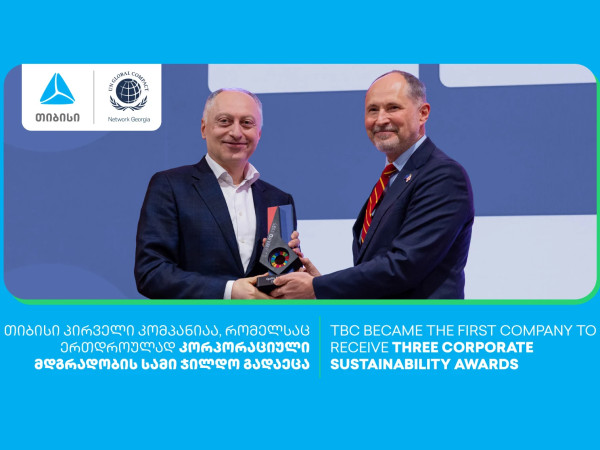Iran has approached Washington to ask whether US sanctions could be lifted, US President Donald Trump told the leaders of the C5+1 Central Asian countries at the White House on Thursday.
“Iran has been asking if the sanctions could be lifted. Iran has got very heavy US sanctions, and it makes it really hard for them to do what they'd like to be able to do. And I'm open to hearing that, and we'll see what happens, but I would be open to it,” Trump said.
Earlier this week, Iran’s Supreme Leader Ali Khamenei said cooperation between the two countries was impossible as long as Washington continued to support Israel, maintain military bases, and interfere in the Middle East.
“As long as America supports the Zionist regime and interferes in the region, cooperation with it is neither rational nor possible,” Khamenei said on Monday.
Trump also said that the United States directed Israel’s first strike on Iran during the June conflict. “Israel attacked first. That attack was very, very powerful. I was very much in charge of that,” Trump told reporters late on Thursday.
“When Israel attacked Iran first, that was a great day for Israel because that attack did more damage than the rest of them put together.”
After taking office for his second term in January, Trump reimposed his maximum pressure campaign on Iran, a policy aimed at preventing Tehran from developing a nuclear weapon. In June, the United States bombed Iranian nuclear sites, further straining ties between the two countries.
The two sides held five rounds of nuclear talks before a 12-day war between Iran and Israel in June. Negotiations have since stalled over uranium enrichment, with Western powers insisting Iran end enrichment on its own soil, a demand Tehran has rejected.
Last month, Khamenei described negotiations with the United States as “useless and harmful” and declared any talks with Washington forbidden. Foreign Minister Abbas Araghchi also said no direct dialogue had taken place, adding that Tehran would discuss only nuclear matters and would never negotiate on regional issues.


















